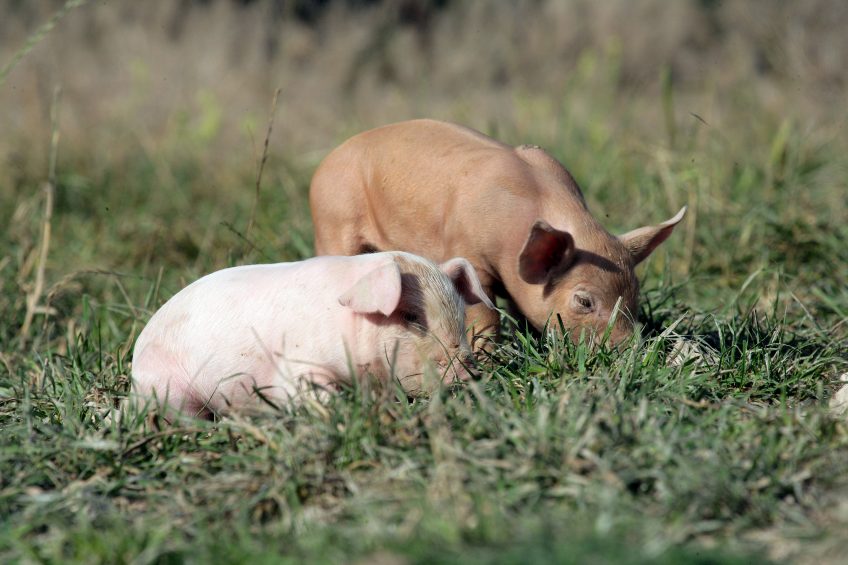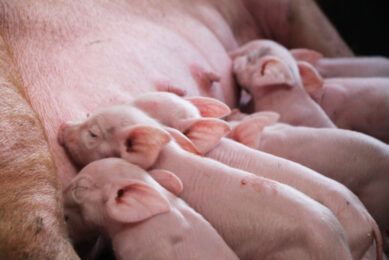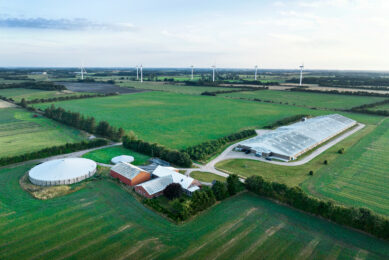Danish test grass as protein source for pigs

In a project named ‘SuperGrassPork’, several partners in the Danish agribusiness are teaming up to figure out whether grass or clover could be a suitable protein source for organic pigs.
The green sources could thus be a replacement for soybeans. To make sure that the pigs can actually digest the proteins, it needs to be extracted through refining. A technique to do so has been developed in the last few years.
SuperGrassPork will develop a system for organic pig production, where a large part of the feed protein comes from locally produced clover grass. In earlier trials, pigs were observed not to reject refined grass and clover proteins, according to Seges, the advisory organisation of Danish Agriculture & Food Council (L&F).
Solving important challenges in organic pig production
One of the partners in the project is Aarhus University. On the university’s website, it is explained that the project will help to solve several important challenges in organic pig production:
- Firstly, it will secure that feed protein can be procured for the growing production of organic pigs in Denmark;
- Next, it will secure that the pigs get a feed that is both 100% organic and tailored to the pigs’ need for essential amino acids. By avoiding conventional feed, the credibility of the organic production will be strengthened, and less nitrogen will be released from the pigs, when they need less protein to cover their need for amino acids;
- Finally, it allows more clover grass to be implemented in the crop rotations in organic pig production and at arable organic farms; this will increase the productivity, biodiversity and soil carbon content. At the same time, problems with weed and leaching of nutrients will be reduced.
Find out more about some of the protein alternatives for soy that are currently seen as promising for livestock diets.
Purpose of the project
According to the website, the purpose of the project is to establish a sustainable solution in relation to achieving expanded and resource efficient organic pig production, based on bio-refined feed protein from organic grassland crops.
The project, which will run between 2017 and 2019 will focus on:
- Optimisation and streamlining of biorefining techniques;
- Measurement and evaluation of the feed value of grass protein for pigs;
- Environmental and economic sustainability of grass feed production; and
- Possibilities for commercialising ‘grass protein’ for organic feed production











